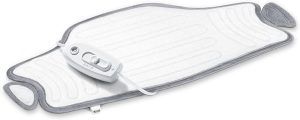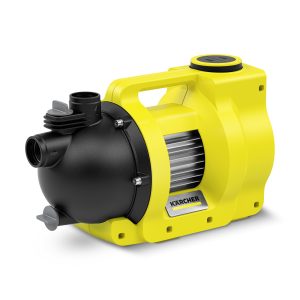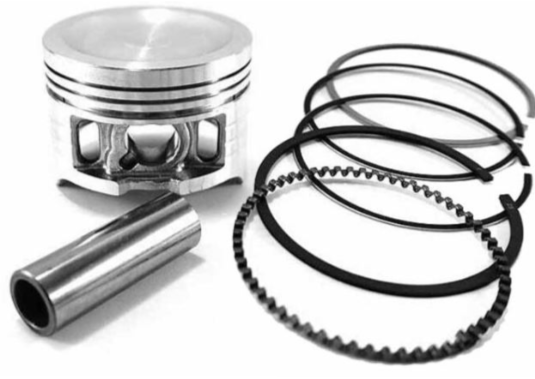Engines are the heart of any vehicle, and their efficiency and durability depend on the quality of their components. One crucial part that often goes unnoticed is the piston ring. Piston rings play a vital role in sealing the combustion chamber, regulating oil consumption, and ensuring smooth engine operation. Among various types, stainless steel piston rings are widely recognized for their ability to enhance engine performance and extend engine life.
The Role of Stainless Steel Piston Rings in Engine Efficiency
Stainless steel piston rings are engineered to provide a superior seal between the piston and the cylinder wall. This tight seal ensures that the combustion gases remain in the chamber, which maximizes the engine’s power output. When combustion gases escape past worn or low-quality piston rings, the engine loses efficiency, resulting in reduced performance and higher fuel consumption. By using stainless steel piston rings, engines maintain optimal compression levels, leading to smoother acceleration and better fuel economy.
Durability and Resistance to Wear
One of the most significant advantages of stainless steel piston rings is their durability. Stainless steel is resistant to rust, corrosion, and high temperatures, which are common challenges in engine operation. Unlike traditional cast iron rings, stainless steel rings withstand the constant friction between the piston and cylinder without deforming or wearing down quickly. This resistance to wear means that the engine maintains its performance for a longer period, reducing the frequency of repairs and maintenance.
Better Heat Management
Engines generate a considerable amount of heat during operation, and excessive heat can damage engine components. Stainless steel piston rings have excellent thermal conductivity, which helps dissipate heat more efficiently. By transferring heat away from the piston and cylinder walls, these rings prevent overheating and minimize the risk of engine failure. This heat management not only protects the engine components but also contributes to consistent performance under demanding driving conditions.
Reducing Oil Consumption
Oil control is another critical function of piston rings. Stainless steel piston rings help scrape excess oil from the cylinder walls, ensuring proper lubrication without allowing oil to enter the combustion chamber. This balance prevents oil burning, reduces smoke emissions, and maintains engine cleanliness. Engines equipped with stainless steel piston rings often experience lower oil consumption, which translates to cost savings for vehicle owners and a cleaner running engine.
Enhancing Engine Longevity
The combination of high strength, corrosion resistance, and precise sealing makes stainless steel piston rings a key factor in extending engine life. By minimizing wear, maintaining proper compression, and efficiently managing heat and oil, these rings reduce stress on other engine components. Over time, this leads to fewer mechanical issues, better overall reliability, and longer intervals between major engine overhauls. Vehicles with stainless steel piston rings are better equipped to handle high mileage and demanding driving conditions without a drop in performance.
Conclusion
In modern engines, every component plays a role in performance and longevity, and stainless steel piston rings are no exception. Their ability to provide a tight seal, resist wear, manage heat, and control oil consumption makes them essential for drivers who want both reliability and efficiency. Investing in high-quality stainless steel piston rings ensures that your engine runs smoothly, performs optimally, and lasts longer, providing peace of mind and value over the life of your vehicle.













